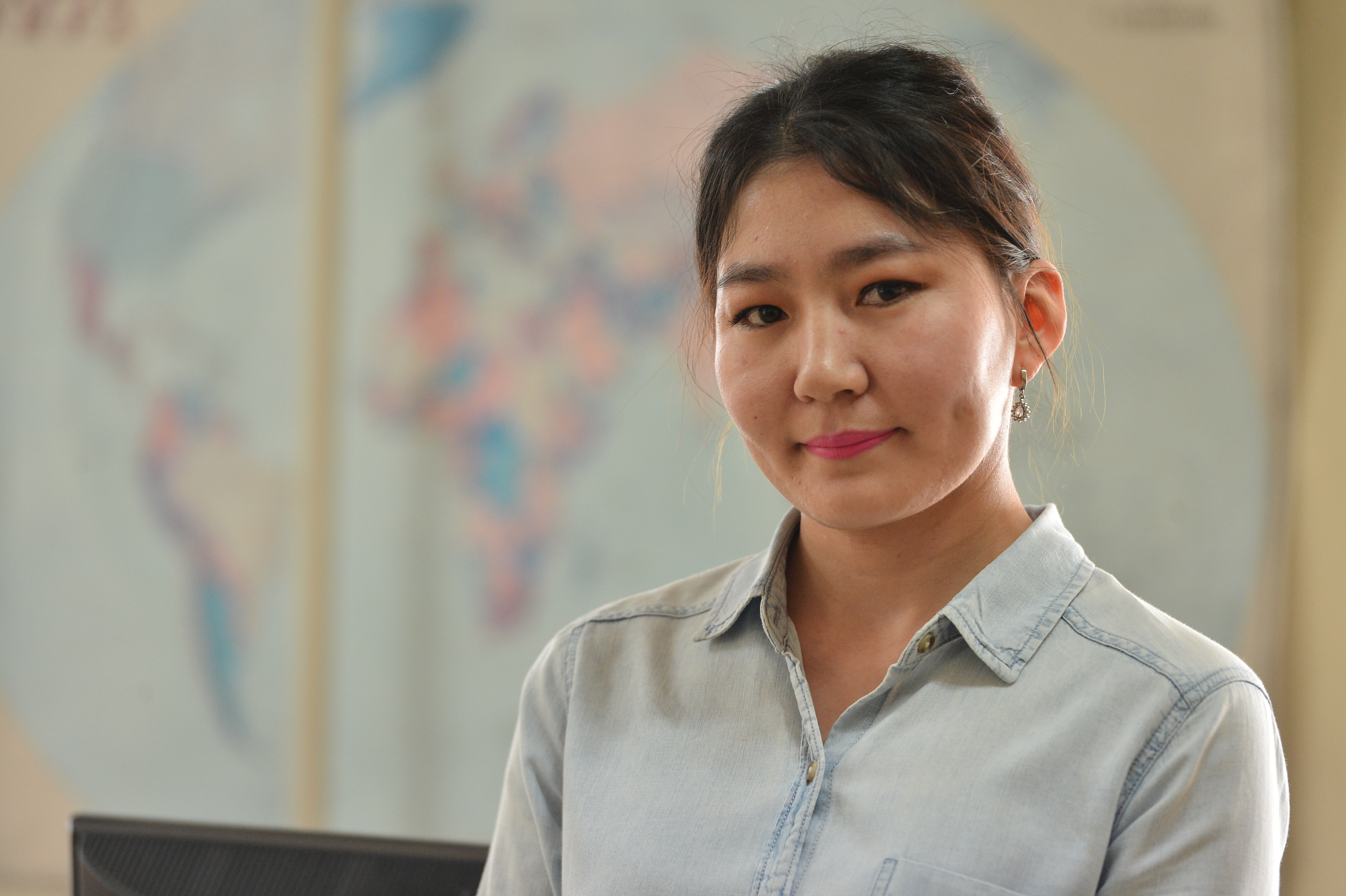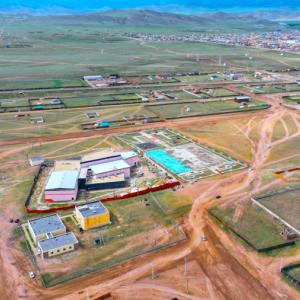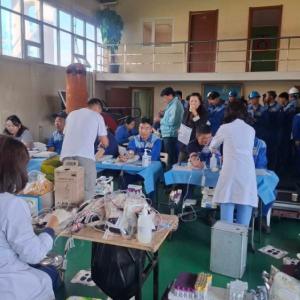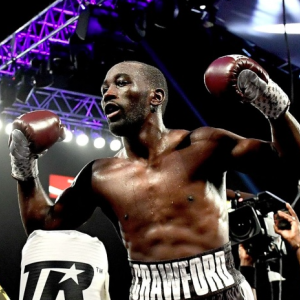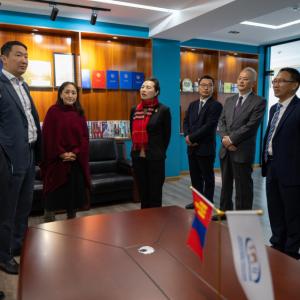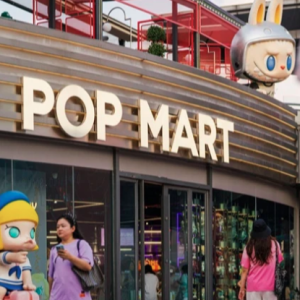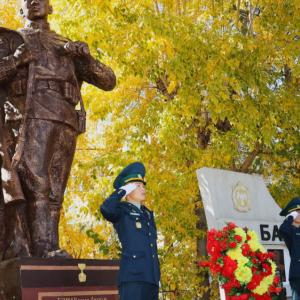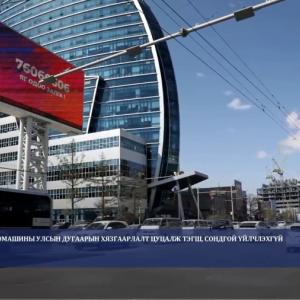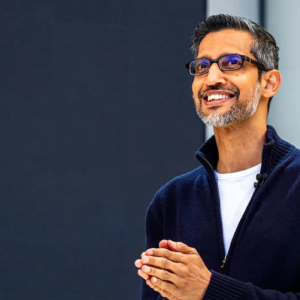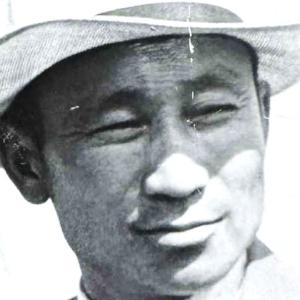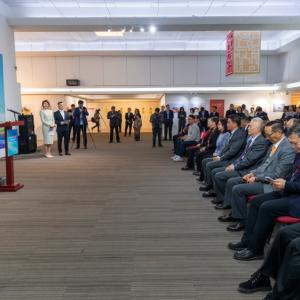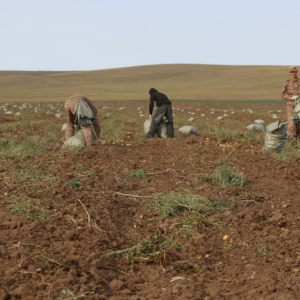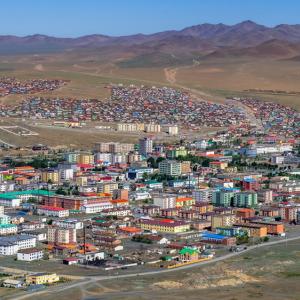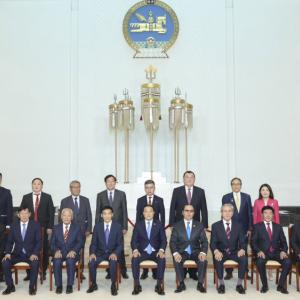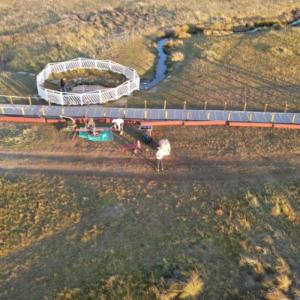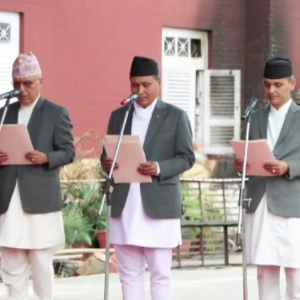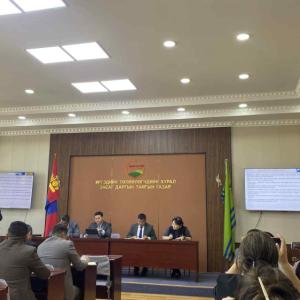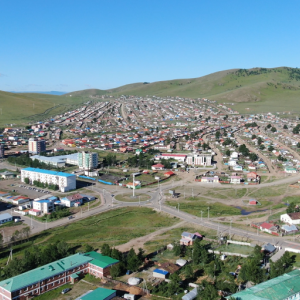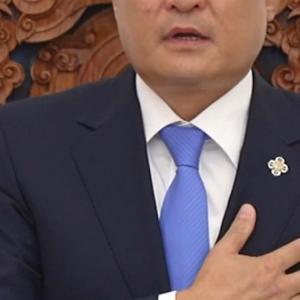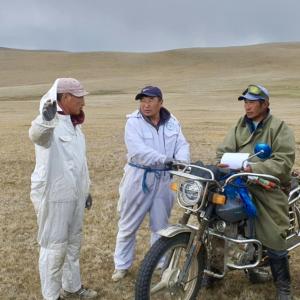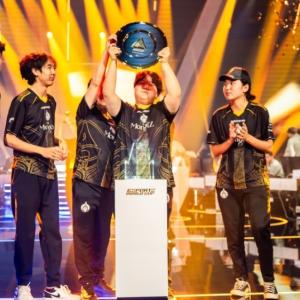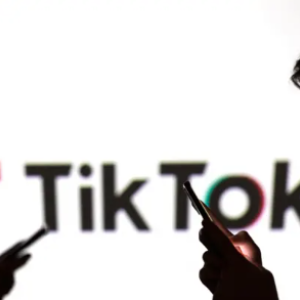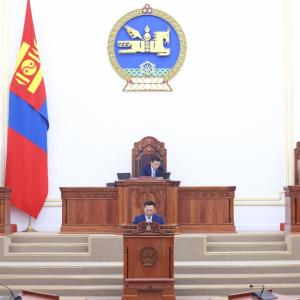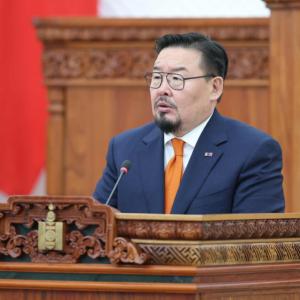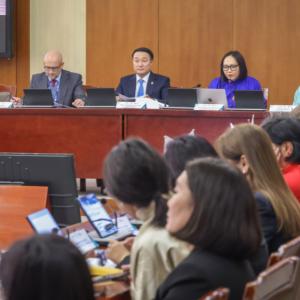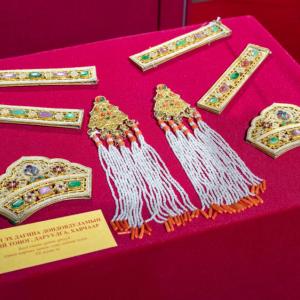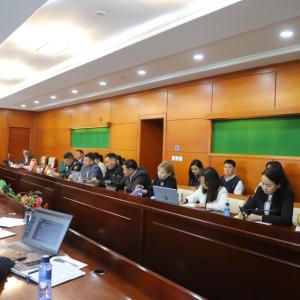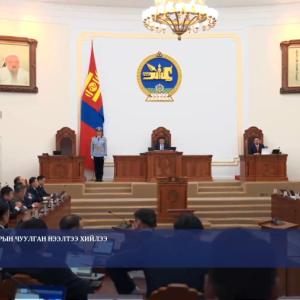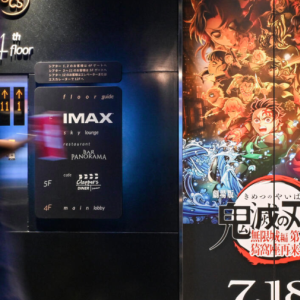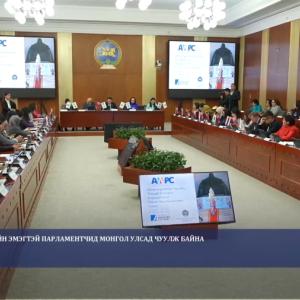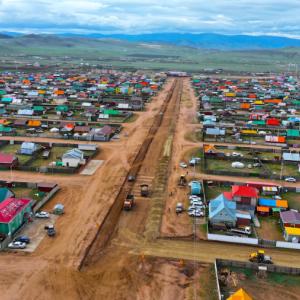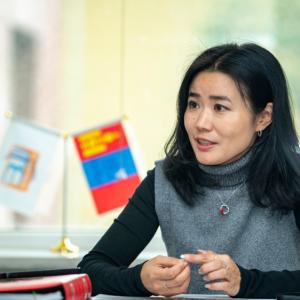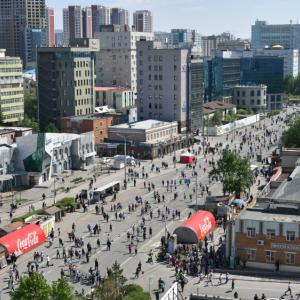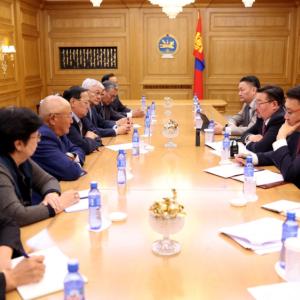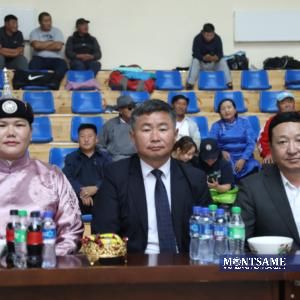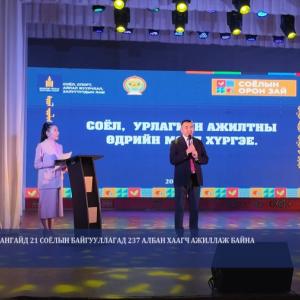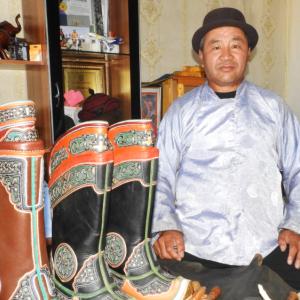Interview with President of Nazarbayev University Shigeo Katsu
Society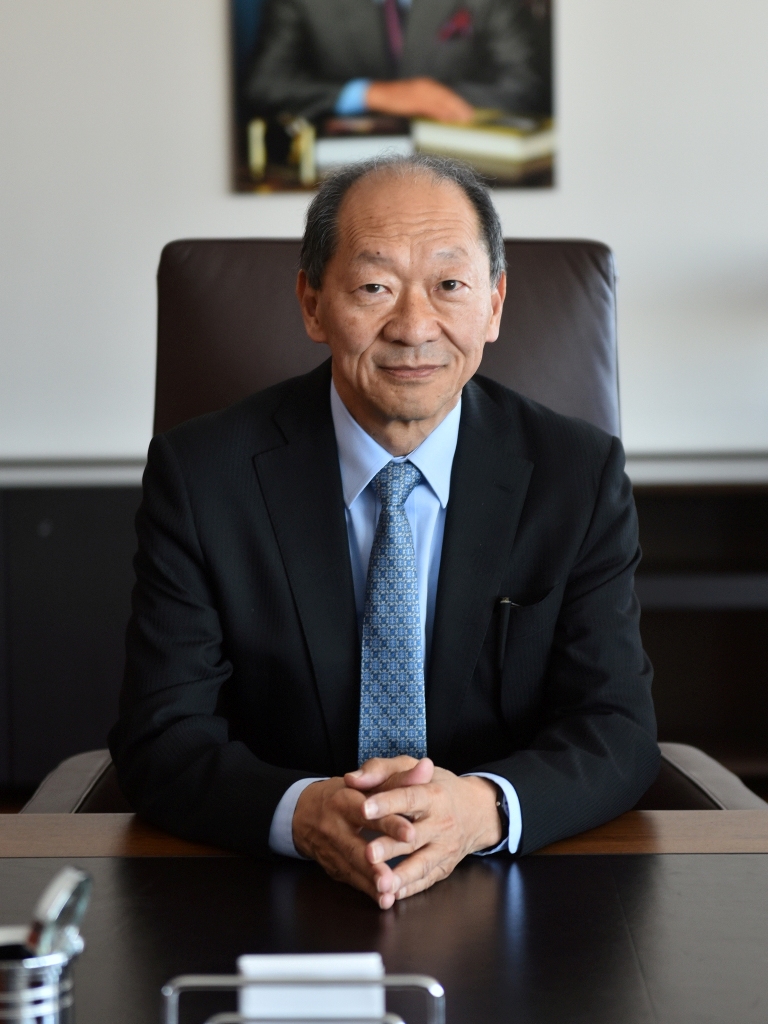
The VIII Eurasian Higher Education Leaders' Forum was held at Nazarbayev University, the Republic of Kazakhstan, on June 6-7. The main topic of this year’s forum was 'Future Ready Graduates' and participants discussed the readiness of higher education institutions to prepare students for the changing nature of the work environment and their capacity to develop future leaders and good citizens.
During
the forum, we, reporters from Mongolia, Tajikistan, Azerbaijan, Russia and
Kyrgyzstan interviewed Mr. Shigeo Katsu, President of Nazarbayev University.
What is the relevance of
the forum’s view for this year to work contemporary challenges in higher
education system?
This year’s theme 'Future
Ready Graduates', is of particular relevance not just for Nazarbayev
University, but for the overall high education system in Kazakhstan, actually I
would say even globally. All high education institutions have to grabble with
the issue of what do we educate our students for and what kind of life and
career will await today’s graduates, because we are living in a changing world,
more unpredictable, complex and ambiguous. We live in the era of digital
progress, development of computer technologies, artificial intelligence, big
data. It changes whole equation of how jobs are going to be fulfilled. We
all talk artificial intelligence on one side that would take away jobs and it
may also create other types of jobs, the fact that the internet of things and
digital everywhere. It also means that the way jobs are conceived, created and
developed are changing. The question that for it is how we do best position for
our own customers, our students, our clients in such a world. That is the
question that we try to answer.
Today, there are a lot of
concern on robotization and automatization of the processes. So human resources
will be replaced with main kind work forces. What is your opinion about it?
I mean it depends on.
This was one of the themes of discussions and presentations. What distinguishes
human being and some robots, machines? That is the empathy, emotional quotient,
human beings have compassion for others and feel, that human beings are able to
put things in a contextual environment, relativize and that human beings are
able to pull together abstract concepts. And those are the things -robots at
least right now even without artificial intelligence that have not been yet to
be able to master. So for the prospective of the futures is actually activities
which really depend much on human judgement, human emotional quotient as well
as elements such as team work. Those are areas where algorithmically programmed
robots and machines not very good at. In terms of jobs, actually hospitality
worker is someone and something area that may not be easily replaced simply by
robots. Or even medical doctors. Machines are probably much better at doing all
the diagnosis but there is always a human interface, it is how you tell the
story, not what the story necessarily is.
What came out, therefore,
all the discussions are what is going to really distinguish and what we want
make sure our graduates (which mean globally), what seemingly employees’
increasingly demand are concepts such as critical thinking, problem solving,
the ability to work in teams and the ability to communicate well. Just your
communications depending on the audience that means you have to come up and
able to do good storytelling. These are all things that distinguish pretty much
human intellect from machines. Now you can call these things ‘soft skills’,
these are core confidence that is for the future. What is interesting is that
some of the more recent inventions in high education is actually a rebirth of
going back to liberal arts type of education. Celebrating the human’s ability,
making sure that future ready people can identify clearly who they are as human
beings. So those are some of directions, I think, a gathering a lot of
concerns.
Let’s talk about
solutions. Maybe there are ideas and solutions discussed at the forum. So how
to solve the issues and challenges?
What we both have to develop
is, I think balance is important. Both sort of scientific skills. In today’s
world we have to have numerical skills. At the same time, we also want to
emphasize what makes human a human. It means you have to do education you
provide for learning that stimulates both sides of the brain.
Many of the leading
universities now are moving in the same direction that Nazerbayev University
already decided last year. That is to introduce common core curriculum for all
our students now first and second year. Future engineers, computer specialists
or biologists, or math’s students will also have to study ethics, critical
thinking, human history, sociology, philosophy and so on. On the other hand,
our future economists, sociologists, political scientists, literacy majors,
both languages and majors will also have to study quantitative parts such
as computer science and math’s and so on. Because these are essential skills
learning to be functional tomorrow and actually in today’s world and both types
of student will all run together communication as well as team work.
A lot of emphasis have been
given on the importance of experiential learning meaning learning outside of
the class through projects, go out to community on assignment. All you do
volunteering and social entrepreneurship. You go outside your comfort zone.
One of my path ideas is I
want our students regardless what they study to start volunteering and
volunteer in international development as well. Regional development here but
also international development will come as volunteering in Africa, South Asia
and other parts. Simply, what I think is different cultures, different
background but also different levels of how people struggle to survive. The
poverty issues, inequality issues, access to social services like education,
health and so on. Our students are very privileged and that is important they
acquire this empathy and standing for others.
How good is NU to educate
students and ready for future? How relevant is curriculum development and
academic programs? Could you please tell more about how successful NU alumni in
the labor market today?
As I mentioned, we already
introduced last year this common core curriculum by our first and second year
students. Three quarters of that studies are together, both future
engineers, scientists will have to study humanities and vice versa. This is in
order to prepare them for being able to functional well in this future world post-graduation.
Technical skills are once that will become absolute soon because of in progress
of technology. Quality curriculum is we have store you an ability to
learn. So all graduate here knowing how to learn which will be the key to
your success in the future. The ability to ask questions, to understand what is
truth from fake. The idea disquieted for new knowledge. All these things that
our students are thought almost they are injected and calculated from day 1
even when they start our foundation program or admits our undergraduate
program.
Our bachelor graduates after
four years, about half of them want to continue to graduate studies, many
of them go abroad and because they start think they need to continue learning.
The other half goes to labor market.
We hear from employees and
that they all note that NU graduates are quite different from the other
universities graduates. In the sense that they are very much oriented. They may
not technical top once in the beginning. But you give them tasks, they ask questions
and then they go away and come back with solutions. Graduates of other
universities tend to be more passive and await instructions. I think this is
the big difference of our graduates than others. I also encourage that good
number of our students started going to social entrepreneurship, pursuing
necessarily profit-oriented activities in the spirit of working with
communities and good number of students started to establish their own
companies rather than trying to seek a job, they are creative enough, have new
ideas and are able to create jobs.
What is your advice and what kind of confidences should a person develop to succeed in different jobs?
Learning by doing. My advice
for anybody would be first you do not have to know much, but you have to always
willing to learn. At my age, I can surely tell the ability that I have. Every
day is a learning experience. That is a huge privilege.
Let’s pretend I am a prospective applicant. What is the value of NU diploma
and why should I apply to NU?
If you are a candidate, I would say you will have a quite different student
life and experience than any other universities. Because it is very much
certainly western style education. The value of the degree probably is more
seen in where do our graduates go.
As I told you all almost half of our undergraduates continue graduate studies, many of them abroad, and they all go to international top universities. So the quality of our instruction is internationally recognized. That is why I think internationally NU is now seen as the leader of high education here. On top of it, our students are exposed from undergraduate studies to participate in research and our instructions are all in English, so they are already becoming pretty fluent in English. We put a lot of emphasis on values.
When our students graduate,
we do hope that they go out into the world with strong values. We shall see
over the years, because we only got five cohorts, how over time that careers
will shape themselves up and our graduates how they will start reflecting in
reputation of NU diploma and degree but so far I am quite optimistic about our
graduates.

 Улаанбаатар
Улаанбаатар
